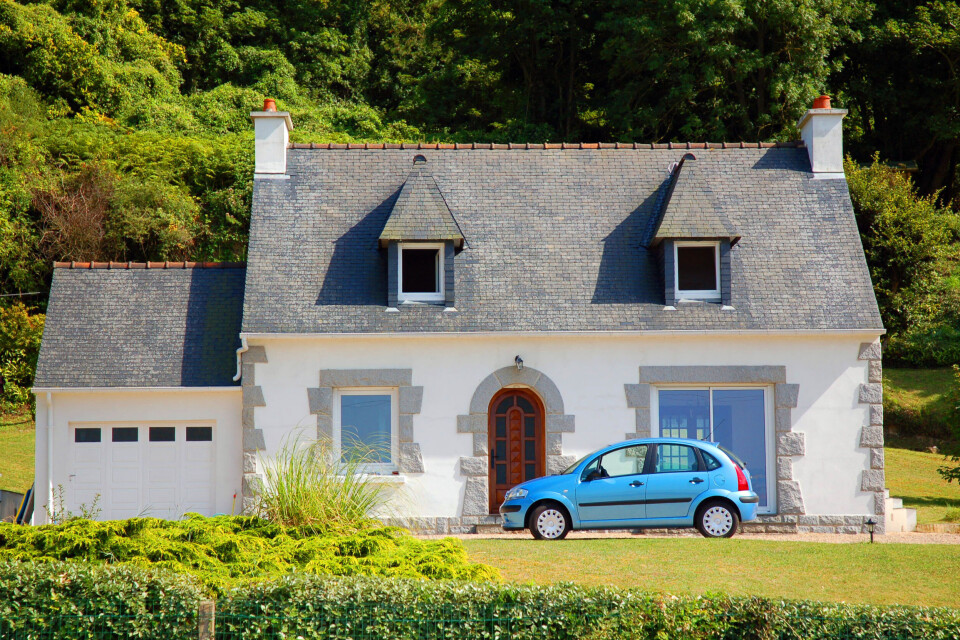-
Photos: our cosy and ecological home in the south of France
Reader Lucy Truscott, 49, describes how she and husband made a home for themselves in Hérault
-
Is ‘the good life’ still popular? What buyers of smallholdings in France look for
Self-sufficient living is still in demand
-
Taxe foncière: how to ask for delay, reduction, or cancellation of French property tax
Taxe foncière relief is possible at any time
Am I eligible for an interest-free loan to help buy a French property?
We look at who can apply for the prêt à taux zéro (PTZ)

Reader question: I have heard about a loan called prêt à taux zéro – what can this be used for, and where can I apply for it?
Not to be confused with the éco-PTZ, which helps finance eco-friendly renovations, the prêt à taux zéro (PTZ, zero-interest loan) is a long-standing aid for people buying a home in France.
It is mainly used to help those eligible finance a part of the purchase or construction of a main home.
It was recently extended to apply until at least the end of 2023, without any change to the financial eligibility thresholds.
The PTZ is a loan given by the state, usually via a bank, that can be applied for when purchasing a property which will be used as your main residence. It can also cover related items such as a garage, parking space, cellar etc. It is typically marketed towards first-time buyers of property but not exclusively so.
The properties that can be bought in part with a PTZ under the current rules are:
-
A home built less than five years ago
-
An older home that requires works to extend or improve it or make it more energy efficient, to the value of at least 25% of the loan
-
The conversion of a building that previously had a different use into accommodation
Older homes need to be located outside areas which are deemed under pressure for housing. It must be in either Zone B2 or C according to official housing zones (see calculator at this link).
You can apply for a PTZ if you have not been the owner of your main home for at least two years.
It can also apply if you own shares in an SCI but not your own property outright, if you own a property that you rent out (but not your own main residence) or you just own a usufruit or nue-propriété right over your home but not total ownership.
Alternatively, you can be eligible for a PTZ even if you already are the owner of your main home if you fall into one of the following categories:
-
You hold a disability card (carte mobilité inclusion ‘invalidité’ or second or third category carte d’invalidité)
-
You receive the disabled adults' allowance (AAH) or the disabled child's education allowance (AEEH)
-
You are the victim of a natural disaster which has rendered your main home permanently uninhabitable
Read more: How to know which French housing zone you live in and what it changes
Are there income ceilings to apply for a PTZ?
Aside from the property ownership regulations, there are income ceilings for applicants.
In 2023, the relevant amount for comparison will be your revenu fiscal de référence as shown on your 2022 avis d’impôt.
Two criteria affect eligibility and the amount you can borrow – the number of people living in your property (including children) and the income levels of working adults in the property.
Income levels also depend on the geographical ‘zone’ where the property is located.
You can use a simulator here to see if you would be eligible.
PTZ loans are paid back on average over a 20-25 year period and can have a deferment period of five-15 years until you begin to pay the loan back.
Be aware, however, that PTZ loans are an additional resource that can only be granted on top of another loan (eg. a mortgage from your bank), and you must apply for another type of loan before you apply for a PTZ.
You cannot obtain more than the value of the other loan or loans and you should note that even if you fulfil the criteria, your bank is not obliged to offer you a PTZ.
Related articles
Why French property prices are expected to fall 5-10% in 2023
Seven property trends highlighted by latest French notaire data
























